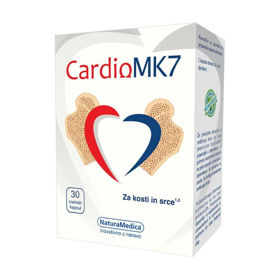Customer question:
How do we recognize the symptoms of heart arrhythmia? Anonymous customer's question
Pharmacist's answer:
Heart arrhythmia is an irregular or abnormal heartbeat, where the heart beats too fast, too slowly, or irregularly.
Arrhythmia symptoms can vary depending on the type of arrhythmia and the individual, but some common symptoms include:
- Palpitations are the sensations of a heartbeat, which an individual can perceive as a fast or irregular heartbeat.
- Rapid heartbeat (tachycardia): A faster-than-normal heart rate that may make you feel anxious, dizzy, or weak.
- Slow heartbeat (bradycardia): reduced heart rate below the average level, which may cause fatigue, dizziness, or even loss of consciousness.
- Dizziness or weakness: Arrhythmias can affect blood flow to the brain, which can cause dizziness or weakness.
- Chest pain: An irregular heartbeat can cause pain, pressure, or discomfort in the chest.
- Shortness of breath: Breathing problems can occur due to irregular heartbeat.
- Feeling as if the heart skips a beat (extrasystoles): these are feelings that the heart skips a beat or beats irregularly.
- Confusion or loss of consciousness: severe arrhythmias may cause confusion or loss.
It is important to note that some arrhythmias do not cause noticeable symptoms and can only be detected by special medical tests, such as an electrocardiogram (ECG). Talk to your doctor if you have any arrhythmia symptoms or are concerned about heart problems. Diagnostic tests such as ECG, Holter monitor (a device for 24-hour recording of heart rhythm), and other methods can help you establish a diagnosis and determine an appropriate therapeutic strategy.
Interesting reading: Heart arrhythmia natural remedies













